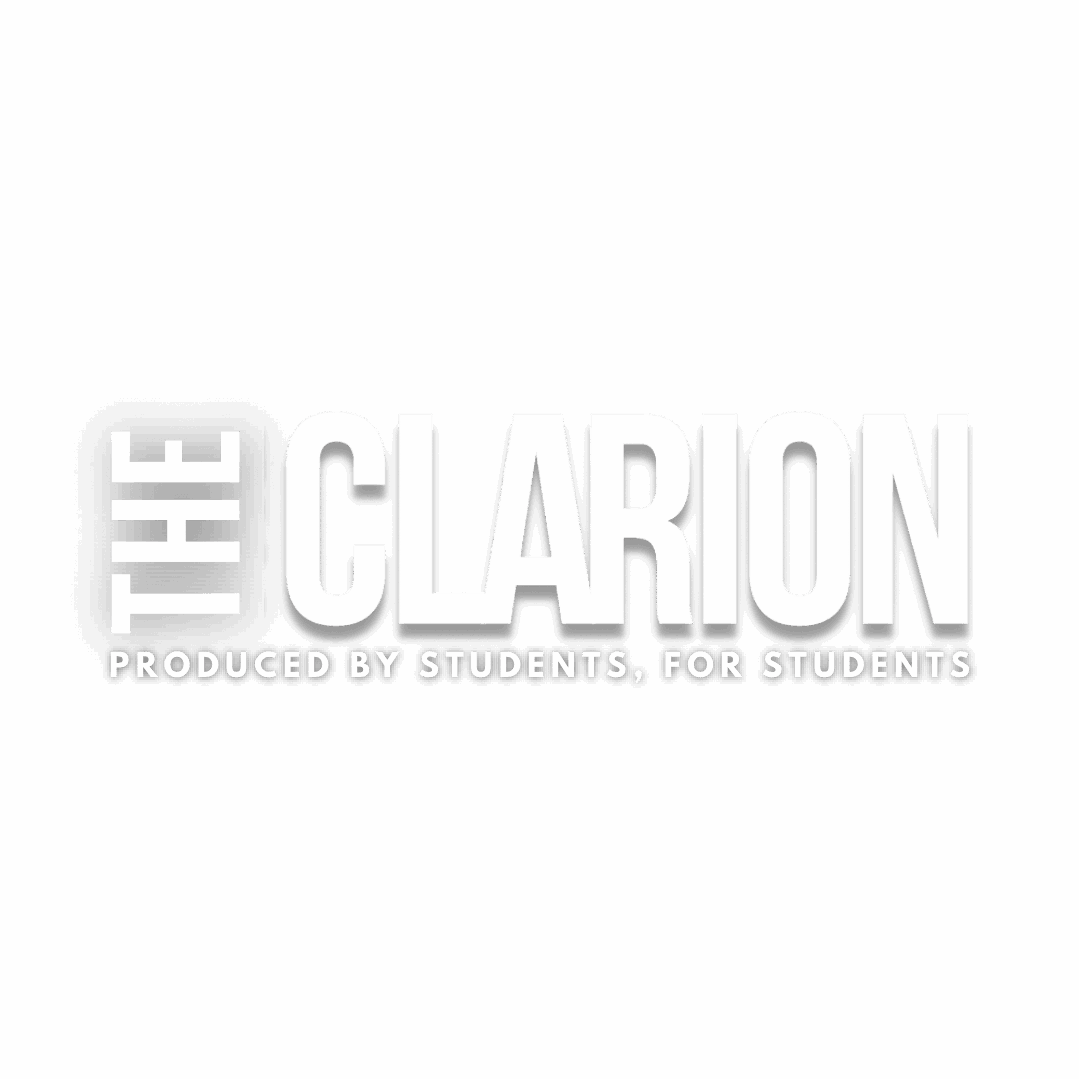Monday, Jan. 12, was the first MLK Speaks Talk, titled Racism: Big and Small. Jonathan Curtis, History professor, joined by Taylor Curtis, Psychology professor, talked about how the community is persuaded by media to form stereotypical opinions, along with judgment of race.
T. Curtis began the talk with getting audience members to participate by yelling out typical stereotypes. Some were black people love watermelon, white men can’t jump and all Asians are smart.
She said media tells us what to do, and then once you see it in real life, then you start to believe it’s a true statement. She compared racism to what people were wearing during the talk.
“It would be like I would choose to not talk to anyone who is wearing red now,” T. Curtis said.
She described being prejudiced as having a negative attitude toward others, who would be in the out-group. Many comments aimed toward out-groups could not be meant as a prejudiced comment from the in-groups standpoint because we see a positive outlook from inside the group.
To further her statement about racism, she showed clips from Disney classics, such as Peter Pan, Dumbo and Aladdin. T. Curtis said these racial references aren’t noticeable because they are small.
“We don’t notice them because they are embedded in our society,” T. Curtis said.
In 1935, a Betty Boop cartoon was banned due to race. The cartoon showcased many African American stereotypes, such as cotton fields, watermelon and ape-looking people. T. Curtis said this shows how society looked at people of different color.
“We should recognize people as humans—value them as a person,” T. Curtis said.
T. Curtis said many people come up to her and ask her what she is. She said that denies peoples reality of existence. It might not seem offensive, but some of these slights become disrespectful. She said she gets asked on a regular basis ‘can I touch your hair.’ T. Curtis compared it to people saying ‘youre smart for a girl’— It might seem like a compliment but it can still be viewed as being prejudiced.
“This happens a lot in racism terms,” T. Curtis said.
J. Curtis said the equation of racism is prejudice plus power. It is all about control and strength. “If a whole group is prejudiced, they have the power to influence people,” said J. Curtis.
He said MLK wouldn’t want it aimed just to African-Americans, but equality to all.
“Racism isn’t something just cornered to African-American groups…It’s human racism,” said J. Curtis.
He suggested to use racial opportunities to educate and inform, rather than getting mad. He said society needs to challenge themselves and don’t jump to conclusions about someone.
“Fight assumptions…it’s uncomfortable because racism is still in our society,” said J. Curtis.
- February 2, 2026 10:55 am
